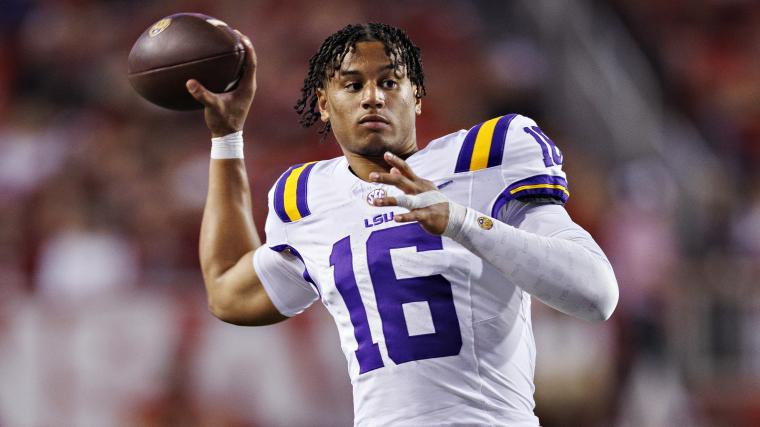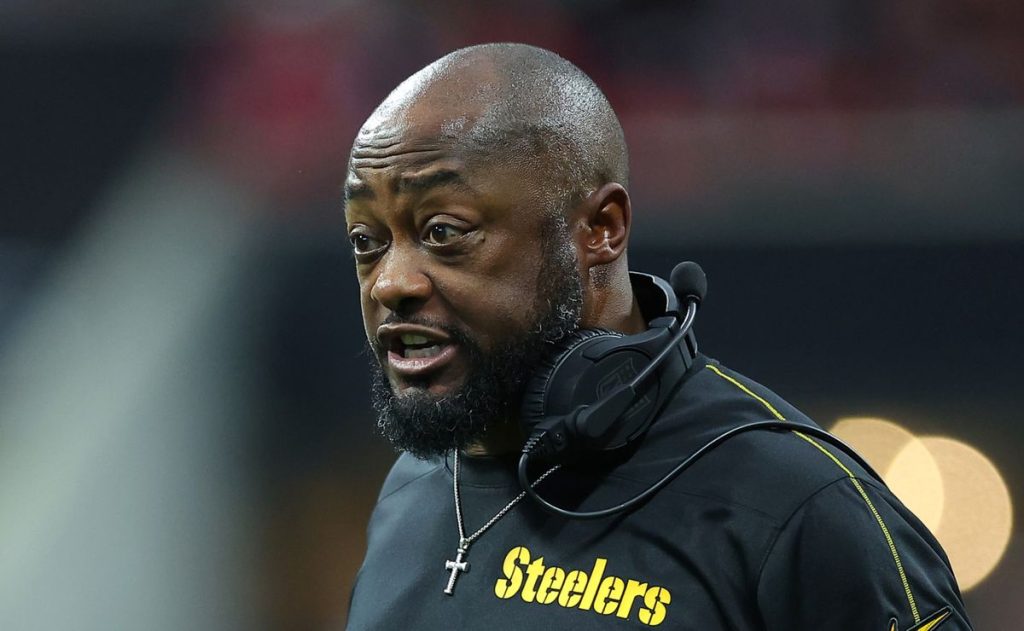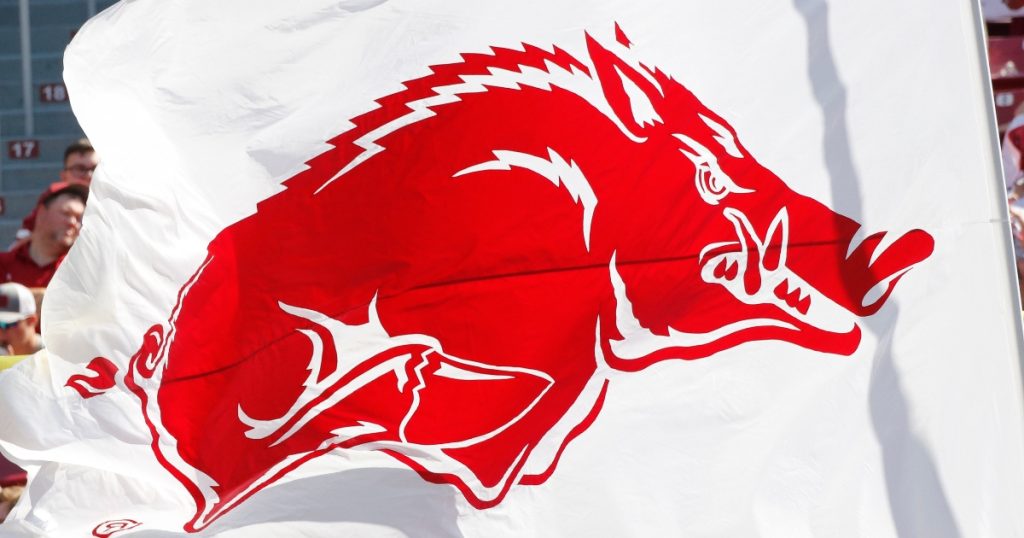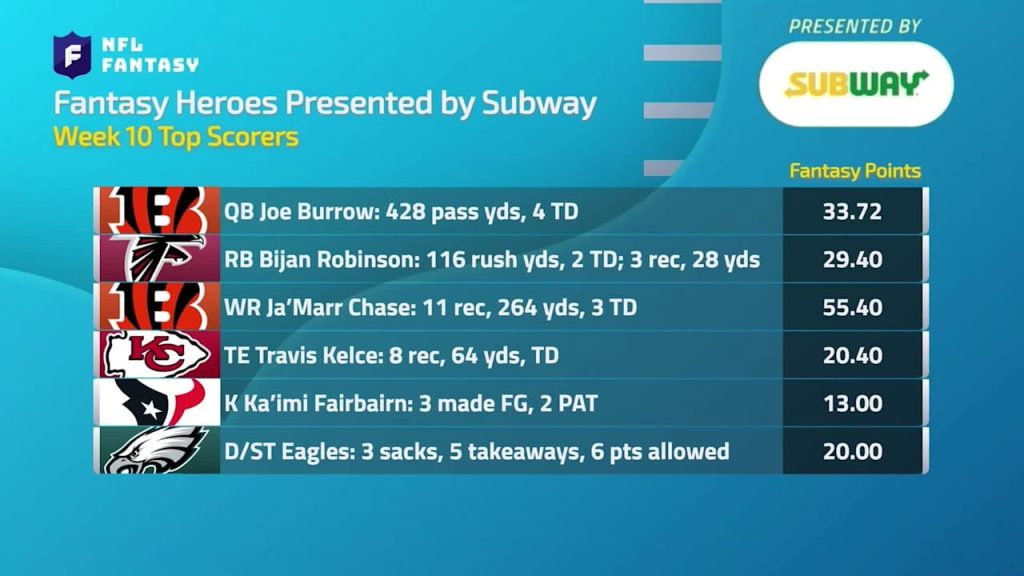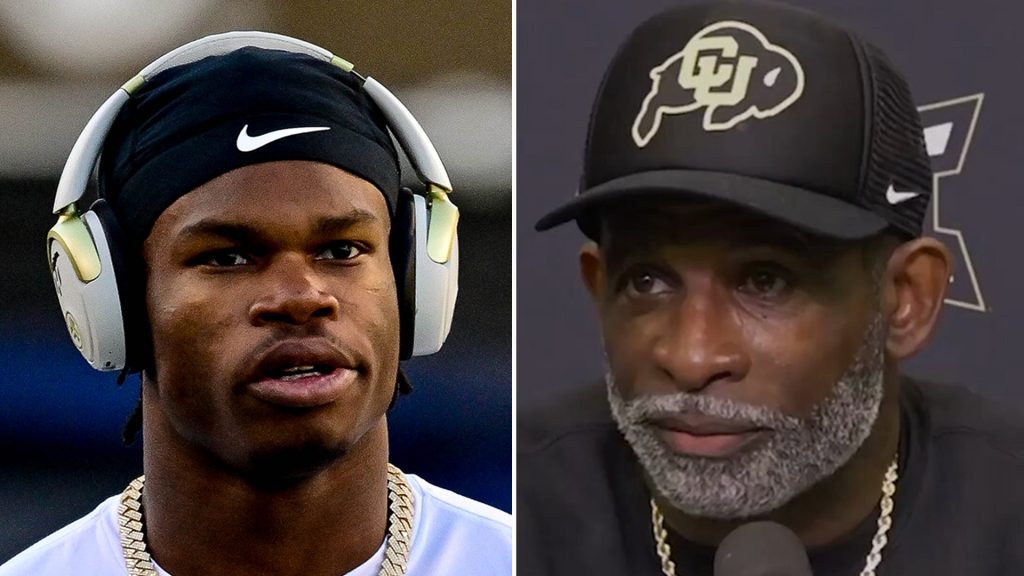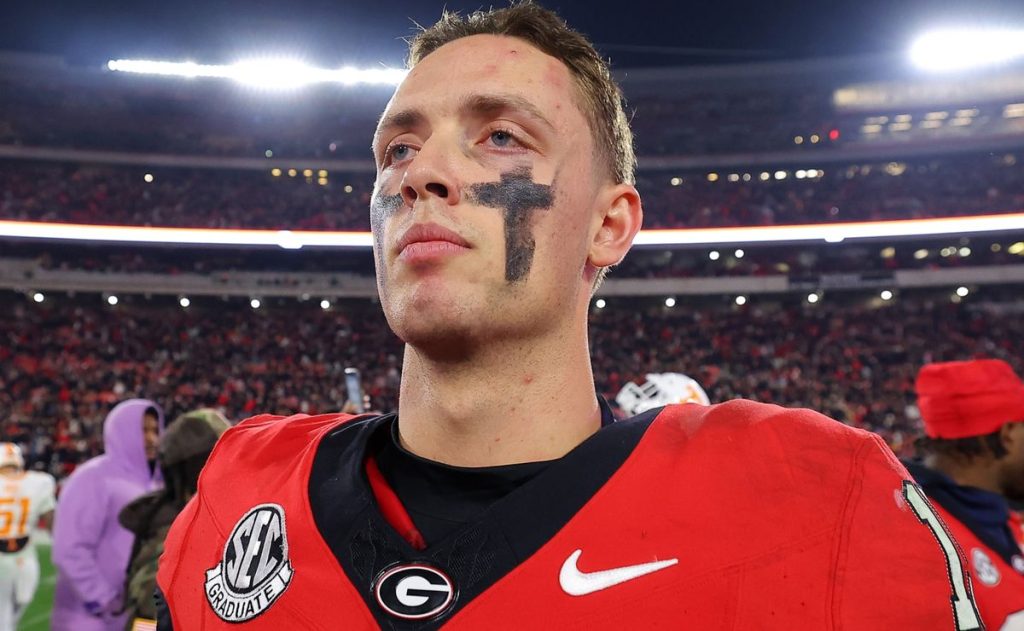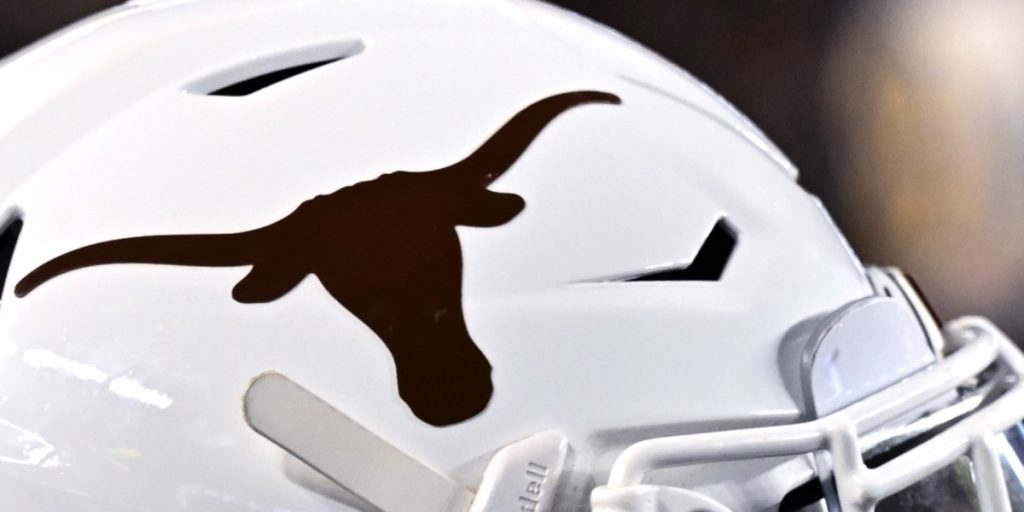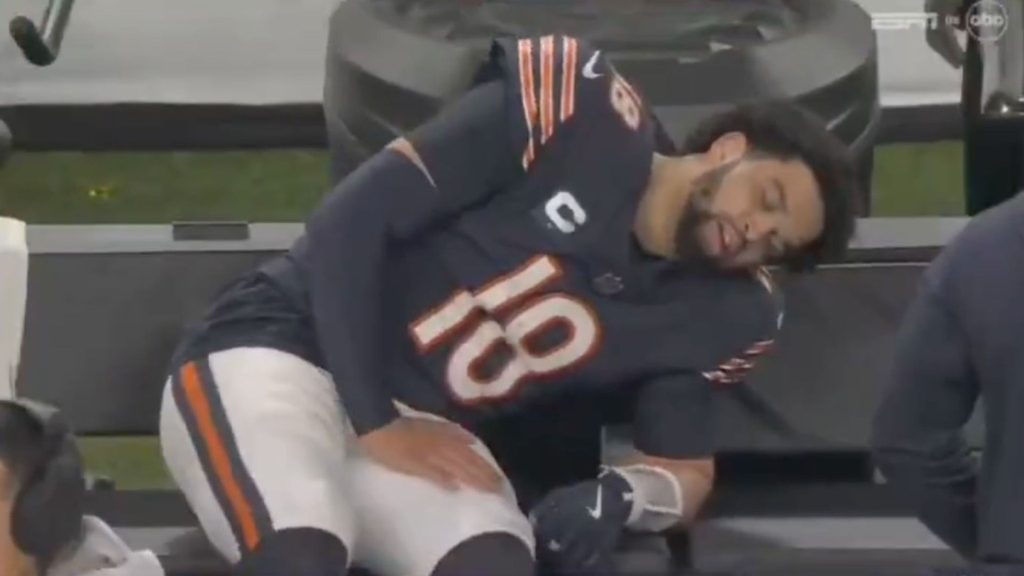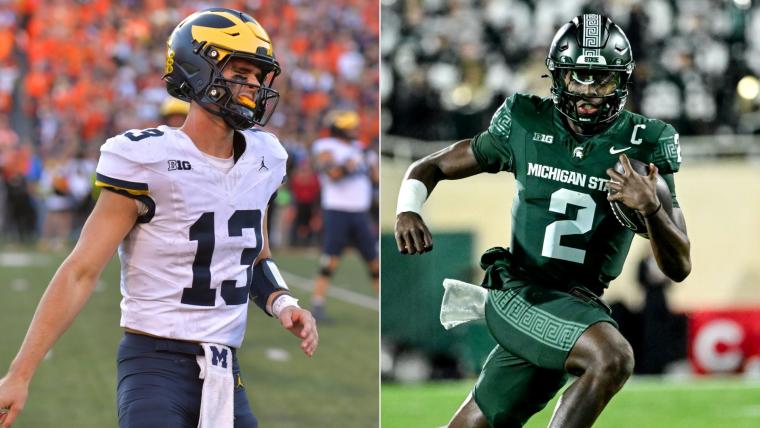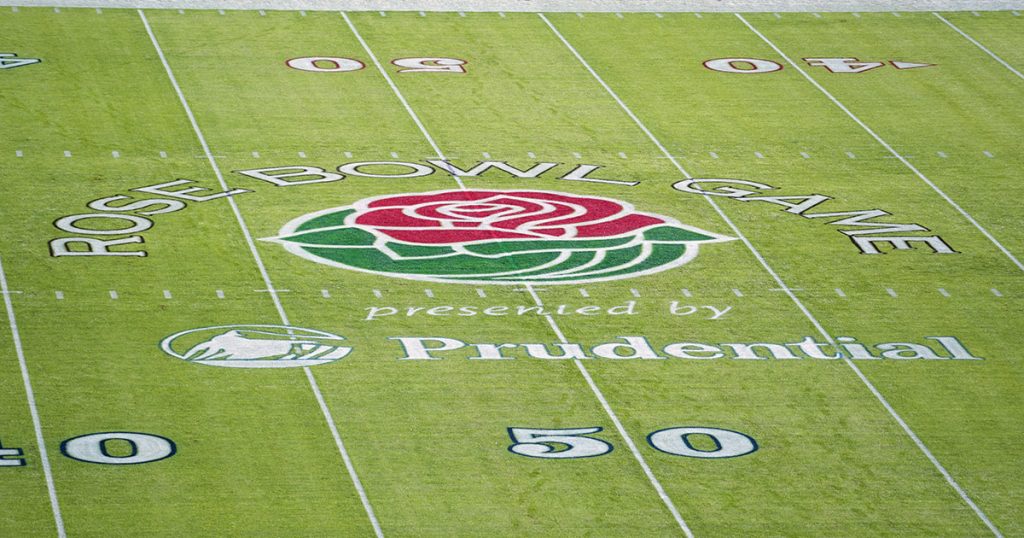LSU quarterback Colin Hurley was involved in a serious car crash on the Baton Rouge campus early Thursday morning. The incident occurred around 2:45 a.m. ET when Hurley crashed his Dodge Charger into a tree near South Quad Drive and Highland Road. This alarming news has left the college football community concerned for the young athlete’s well-being.
Details of the Incident
When emergency responders arrived at the scene, they found Hurley “unresponsive but breathing.” Firefighters had to pull him from his vehicle, where he was discovered with a significant cut on his face. Reports indicate that he was “in and out of consciousness” at the time. Thankfully, he was breathing, which is a positive sign amidst the troubling circumstances.
As of now, there has been no official explanation for the crash. Authorities have stated that they do not suspect alcohol or drug impairment played a role in the accident. This revelation brings some relief, but the lack of clarity surrounding the incident raises many questions. What led to such a frightening event? Was it an accident, or were there other factors at play? These are questions that fans and analysts alike are eager to have answered.
Colin Hurley’s Background
Colin Hurley is a freshman quarterback for the LSU Tigers, hailing from Jacksonville, Florida. He was a highly regarded four-star recruit coming out of high school and made the decision to re-classify to the Class of 2024 to join the program early. This move showcased his determination and passion for the game, as he aimed to make an impact on the field sooner rather than later.
Despite his promising background, Hurley did not see any game action during the 2024 season, as he was positioned behind Garrett Nussmeier, Rickie Collins, and AJ Swann on the depth chart. However, he is expected to compete for the backup role to Nussmeier next year, alongside Mississippi State transfer Michael van Buren. The future looked bright for Hurley, with many anticipating his growth and development in the coming seasons.
Community Reaction
The news of Hurley’s accident has sent shockwaves through the LSU community and the broader college football landscape. Fans, teammates, and coaches are all rallying around the young quarterback during this challenging time. The outpouring of support is a testament to the camaraderie and spirit that defines college football. It raises the question: how do we support our athletes in times of crisis?
While the LSU football program, head coach Brian Kelly, and the university have not yet released official statements regarding the incident, the silence speaks volumes. It’s a time for reflection and concern, not just for Hurley but for the safety and well-being of all student-athletes. This incident serves as a reminder of the pressures and challenges they face, both on and off the field.
Looking Ahead
As the investigation into the crash continues, fans are left wondering what this means for Hurley’s future. Will he be able to recover fully and return to the field? How will this incident impact his career trajectory? These are pressing concerns for anyone who follows college football closely.
The 17-year-old quarterback has shown immense potential, and his early enrollment at LSU was a bold move that many viewed as a stepping stone to a successful college career. With the support of his teammates and the LSU community, there is hope that he can overcome this hurdle and focus on what he loves most—playing football.
In the coming days, updates will be crucial. Fans will be eagerly awaiting news about Hurley’s condition and any developments regarding the crash. This situation highlights the importance of safety and the need for awareness among young athletes. It begs the question: how can we better support our student-athletes in making safe choices?
This article will be updated with more information as necessary, and we hope for a positive outcome for Colin Hurley. The college football world is watching closely, and we all wish him a swift recovery. As we reflect on this incident, let’s remember the resilience of young athletes and the importance of community support during trying times.

